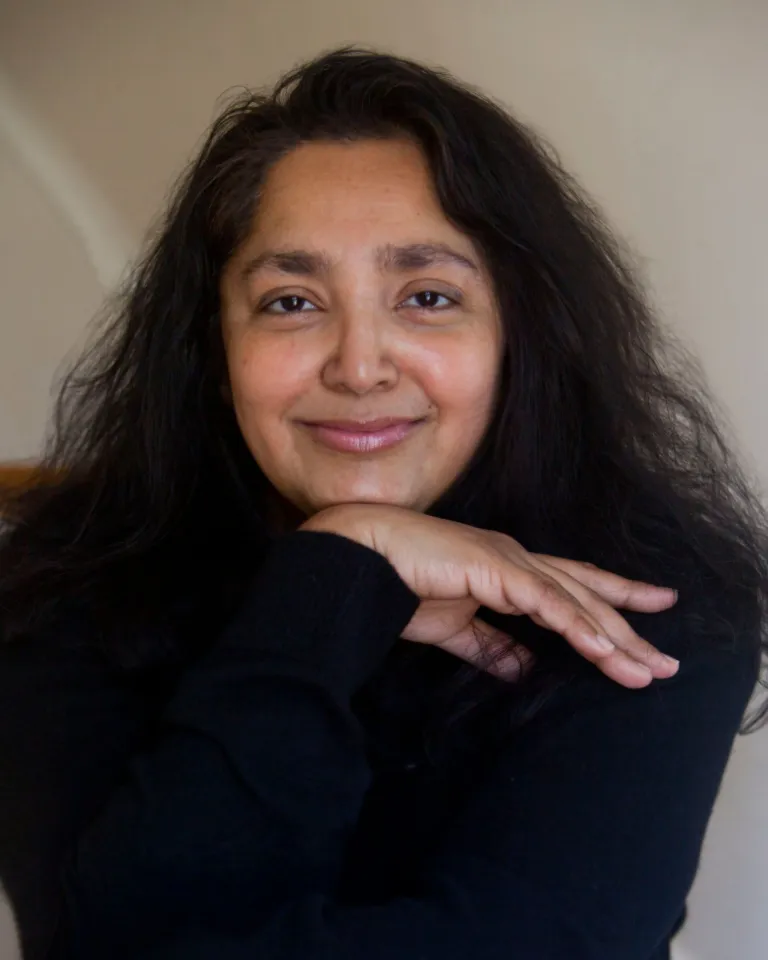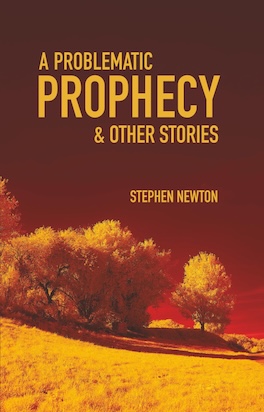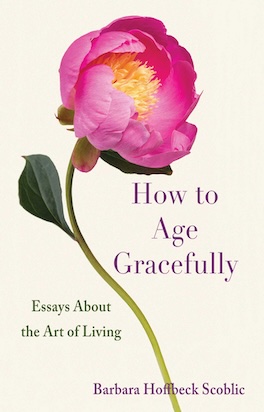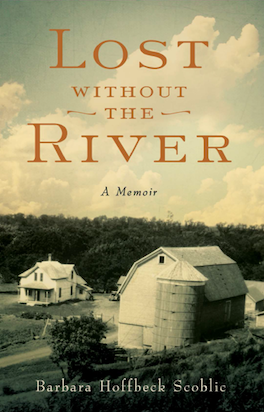
Chaya Bhuvaneswar is a physician and writer with work in Narrative Magazine, Tin House, Electric Lit, The Millions, Joyland, Michigan Quarterly Review and elsewhere. Her poetry and prose juxtapose Hindu epics, other myths and histories, and the survival of sexual harassment and racialized sexual violence by diverse women of color. She has received a MacDowell Colony fellowship, Sewanee Writers Conference scholarship and Henfield award for her writing. Follow her on Twitter at @chayab77 including for upcoming readings and events.
Editor’s Note: Chaya Bhuvaneswar’s debut short story collection White Dancing Elephants, published by Dzanc Books, was a finalist for the 2019 PEN/Robert W. Bingham Prize for Debut Short Story Collection. Read Sandra Fluck’s review of White Dancing Elephants.





